The newest registered user is mark5
Our users have posted a total of 48862 messages in 7215 subjects

WORLD CLOCK
DICTIONARY SCOOP * Talk Like An Egyptian *
Valley of the Sun Casual Club :: WORDS , FACTS , DATES , GAMES & TRIVIA & HISTORY :: DICTIONARY SCOOP
 DICTIONARY SCOOP * Talk Like An Egyptian *
DICTIONARY SCOOP * Talk Like An Egyptian *
Published on June 20, 2024

You are probably aware that the English language has Greek and Latin roots . But did you know some of the most used English words actually derive from Ancient Egyptian?
For example, the word pharaoh is a no-brainer. As you would imagine, it is an Ancient Egyptian word meaning "Great House", the place destined for a king. But can you recognize other influences in your everyday vocabulary? Keep reading to discover 10 English words you didn’t know were born in the land of Cleopatra .
1
Oasis

Today we use the word oasis to refer to a serene and unattainable place, but it derives from the ancient Egyptian term wehe, meaning "fertile land" . Oases were very important for the ancient Egyptians. They served as a place of provisioning and rest for the great caravans of Bedouin traders from the interior of Africa.
The word later became waaH(a) in Arabic, and took its current form, oasis, when the Greek and Latin languages added it to their vocabulary. Finally, the Greek word passed into French with its original meaning and then to English in the second half of the 19th century.
2
Adobe

It turns out that the word adobe has been around for about 4,000 years , with relatively few changes in pronunciation and meaning. Contrary to what you might think, the word doesn’t come from a Native American language. It can be traced back to the Middle Egyptian word djebe or djobe, meaning "mud brick" . The term underwent a minor transformation when it came in contact with the Arabic language and was later incorporated into the Spanish vocabulary when Northern African Arabs crossed over to Spain in the 8th century.
In modern English, the term adobe has come to mean a style of construction popular in the desert climates of North America , but in fact, it has its origins in the djobe vaults built in homes and underground tombs of Ancient Egypt.
3
Gum

Although the first commercial flavored chewing gum was created in the United States in the 1860s and later gained worldwide popularity during WWII, the practice can be traced back to ancient civilizations. The word gum comes from the Latin gummi , which is a loan from the Greek kommi ; the Greeks, in turn, took this word from the Ancient Egyptian qmy or qemi , meaning gum or resin.
Just like Native Americans, Ancient Egyptians also used to chew resin made from the sap of trees . Nowadays gum is a cheap treat, but back then it was very expensive and had to be imported. In Ancient Egypt only pharaohs and wealthy people could afford it, so now that you know, you’ll have a better appreciation for the lost packet of Dentin forgotten in the bottom of your bag.
4
Ammonia

This colorless smelly gas gets its name from the Ancient Egyptian god Amun , meaning "the Hidden (One)" . His temple, located in present-day Libya, is credited with producing the oldest form of ammonia, the ammoniacal salt obtained by burning camel dung.
The word was later adapted to Ammon by the Greeks. Today, this nitrogen and hydrogen compound is used in plastics, refrigeration, and cleaning solutions, however, Ancient Egyptian worshipers of Amun used ammonia to perform spiritual rites in his honor.
5
Ebony

The word ebony can be traced back to several Ancient African languages . The English language takes it from the Latin ebenus , which in turn is a loan from the Greek ébenos . This Ancient Greek word derives from the Egyptian hbnj , which seems to originate from the Nubian language.
Ebony is the name for certain trees of the genus Diospyros, as well as its prized exotic black wood. This wood, like gum, was imported and very expensive, so it was used for furnishings and decorative carvings in houses of the wealthiest classes in Ancient Egyptian society.
6
Ivory

Did you know that ebony and ivory have more in common than just piano keys and an iconic 1980s song ? Like ebony , the word ivory can be traced back to Ancient Egypt. It comes from the Latin eboreus whose origin is the Egyptian word ab , meaning "elephant," and more specifically abu , "elephant’s tooth."
In Ancient Egypt ivory was as precious as ebony , and it was used in jewelry and as an ornament in the decoration of rooms, furniture, and temples.
7
Barge/Embark

In modern English barge is the word to name a flat-bottomed vessel, and for some reason, its shape instantly reminds us of ancient civilizations. The assumption is correct since the term derives from the Latin barca, which comes from the Ancient Egyptian word bar or bari . The bar was a type of boat used in the River Nile to transport food, construction materials, and royals and peasants alike.
The French language later took the Latin word and transformed it into barque , an ancestor of the English verb embark . The rest is history.
8
Alchemy

Some etymologists establish that the word alchemy comes from the Arabic al-kīmiyā and the Ancient Greek khumeía . Other scholars argue that alchemy , used as a scientific term until the 1600s when it was debunked by the more accurate chemistry , is derived from kēme . In Ancient Egypt kēme meant "black earth" and was used to describe the fertile land in the Nile Valley .
The theory that the term alchemy has an Egyptian origin makes perfect sense. It is believed that the Egyptian city of Alexandria is where alchemical thought, a practice that combined science with religion and philosophy , was born.
9
Lily & Susan

Lily and Susan are two very popular names in the English language and they have in common that they share an Ancient Egyptian origin . It turns out that they both refer to flowers too!
The English word lily has roots in the Latin līlia and ancient Greek leírion , which etymologists connect with ḥrrt, the ancient Egyptian word for "flower" . Susan, at the same time, comes from the word sSn (seshen) meaning "lotus" or "water lily".
10
Desert

The jury is still out with this one. If you look up the etymology of the English word desert you’ll find it derives from the Latin desertum , which means "an abandoned place". However, there might be a connection with the ancient Egyptian term deshret , which means "red land". Sounds very similar, right?
Sometimes it is not entirely possible to establish exactly where a word comes from, however, it is always a fun experience to compare different languages to find potential origins and connections that we had never thought possible.
 Similar topics
Similar topics» INTRO TO DICTIONARY SCOOP
» DICTIONARY SCOOP * What Happens When You Press the Windows Key? *
» DICTIONARY SCOOP * 10 Animals That Are Way Smarter Than You Think *
» DICTIONARY SCOOP * Word of the day Ineffable *
Valley of the Sun Casual Club :: WORDS , FACTS , DATES , GAMES & TRIVIA & HISTORY :: DICTIONARY SCOOP

 Events
Events






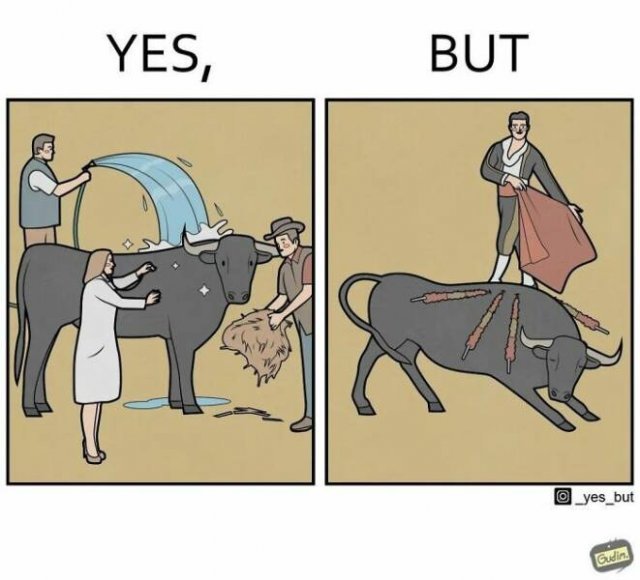
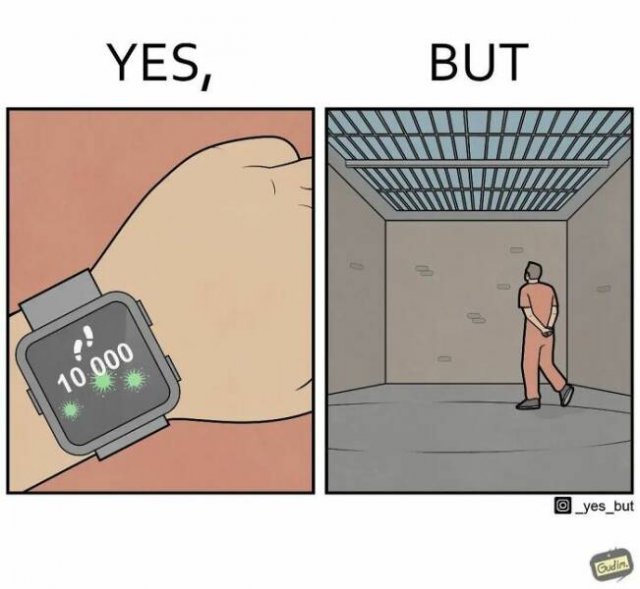
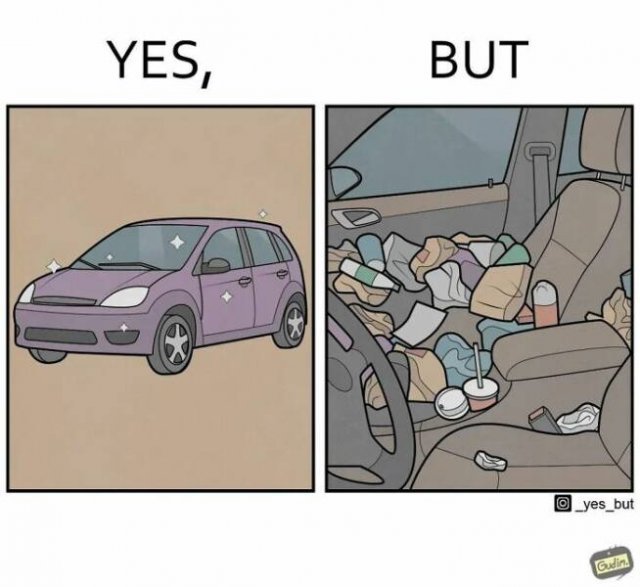
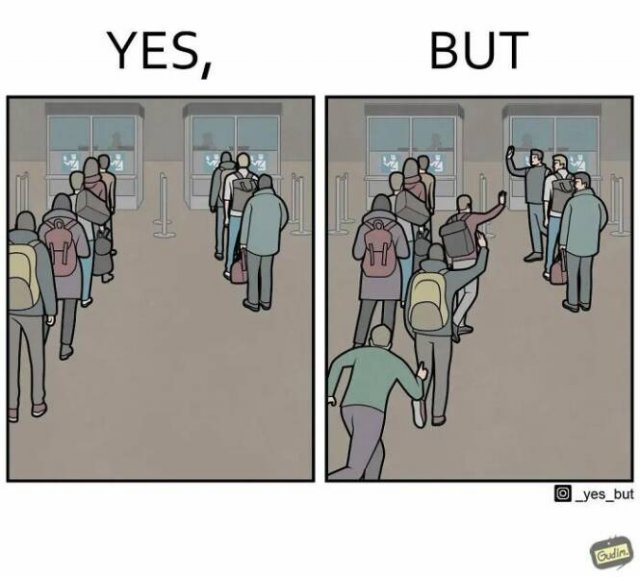

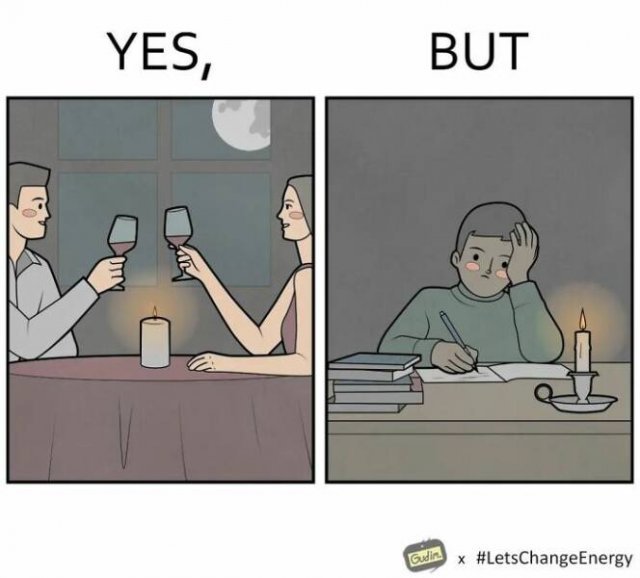
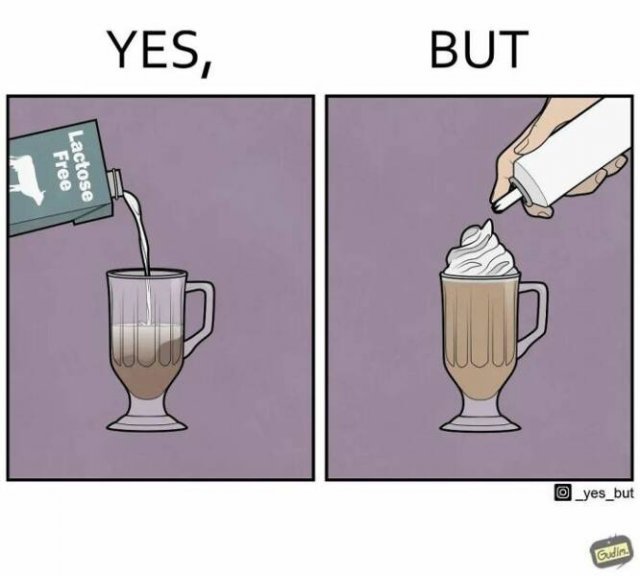





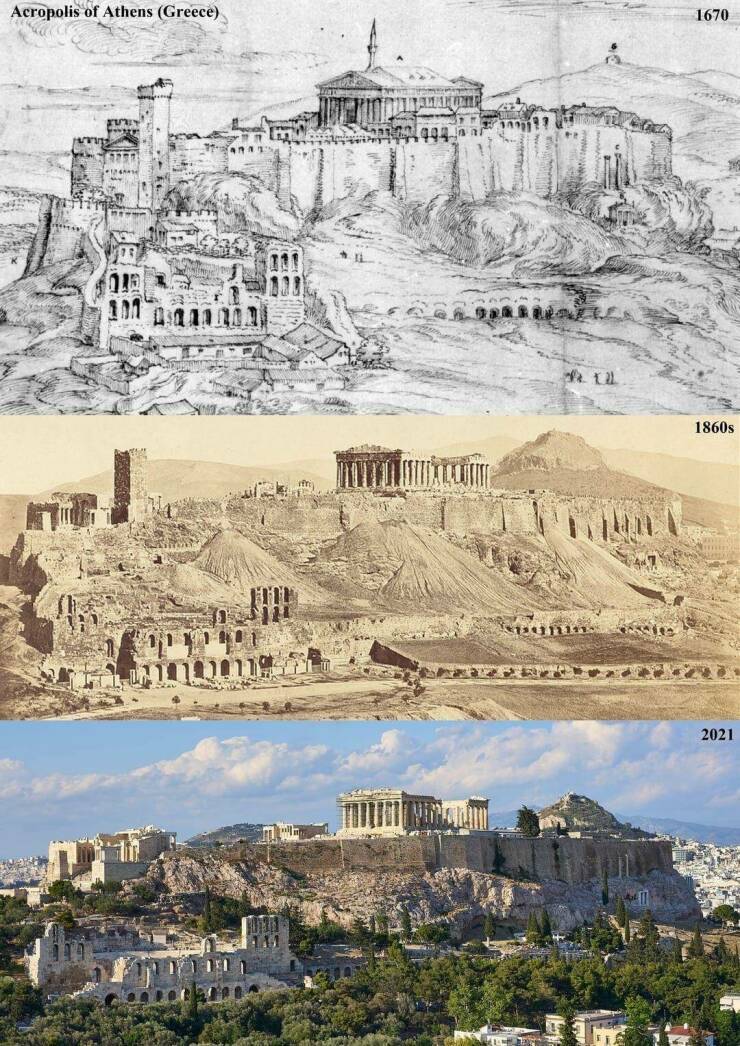
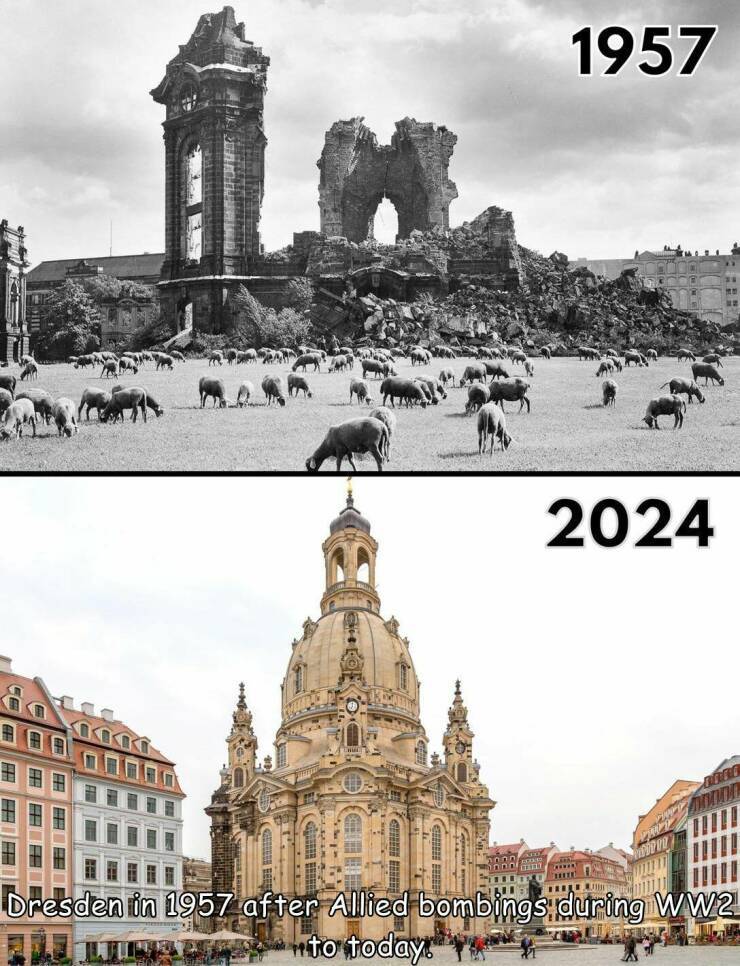

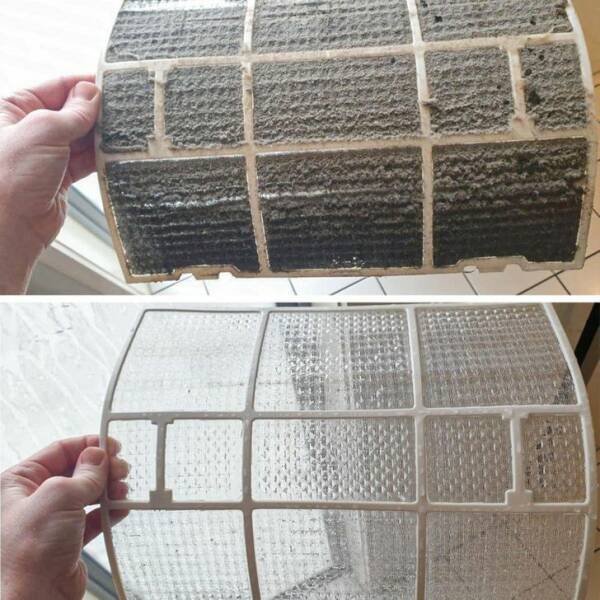

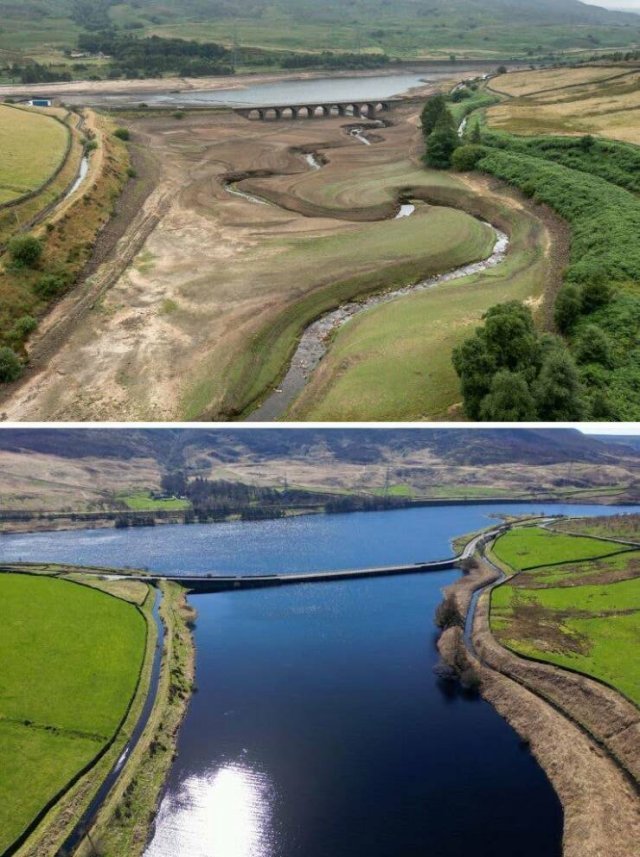















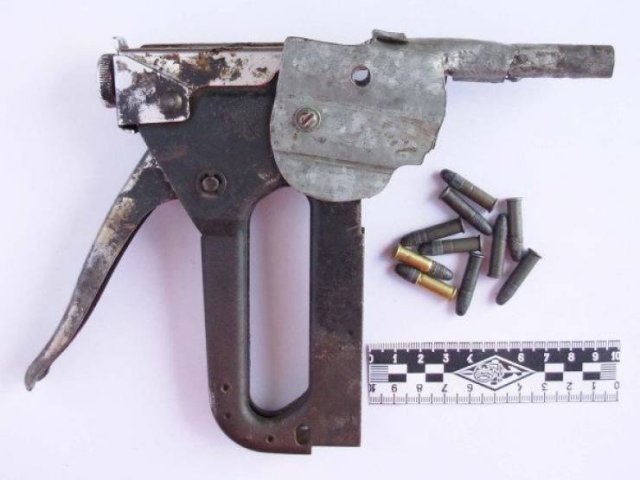




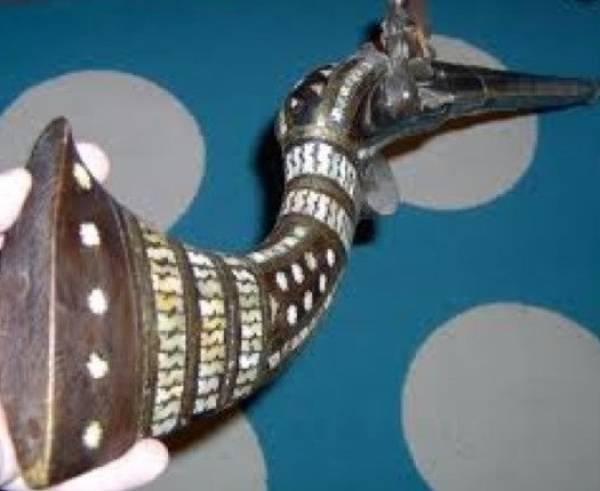

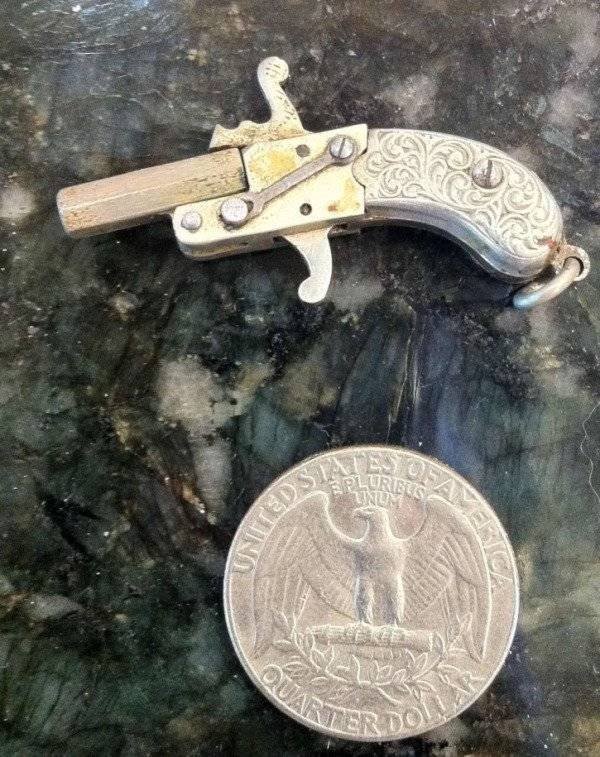
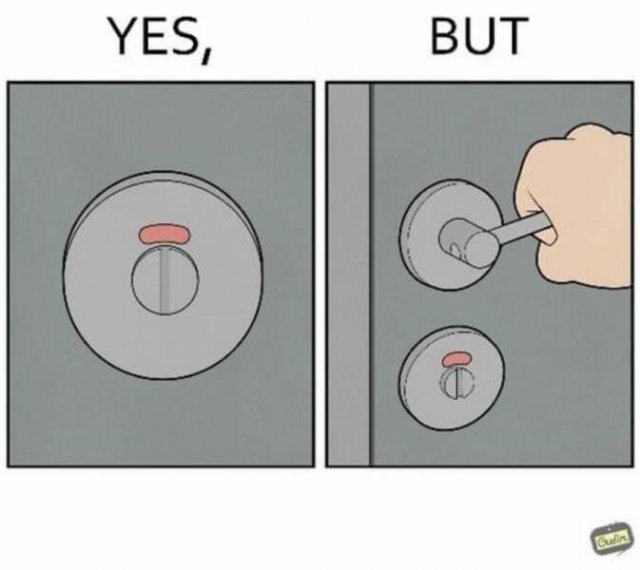
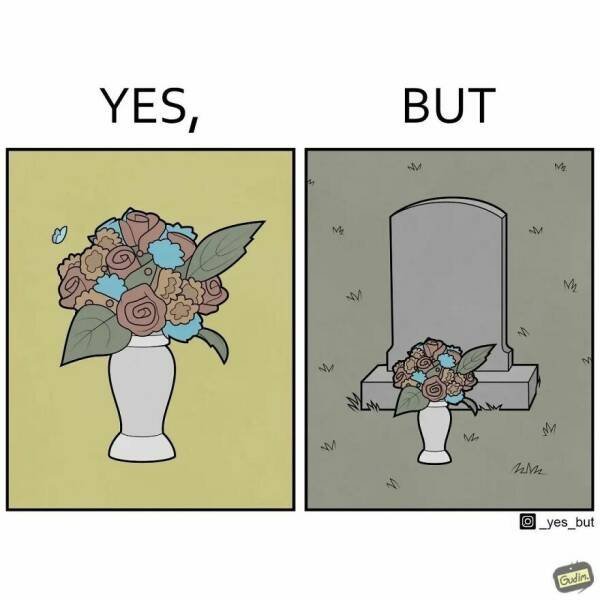
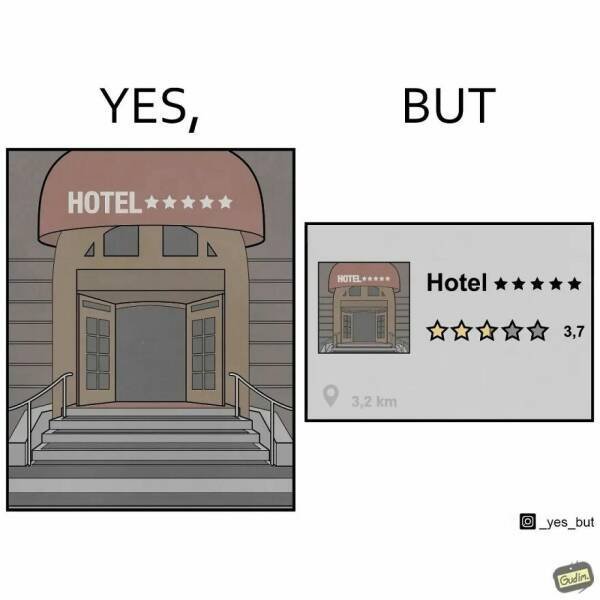

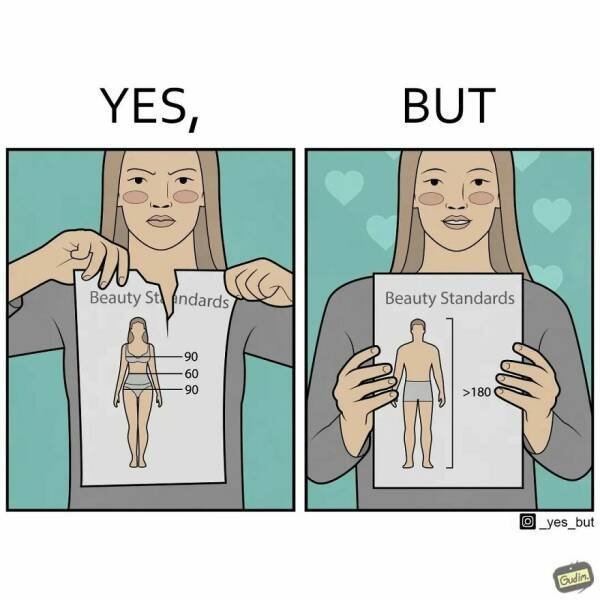
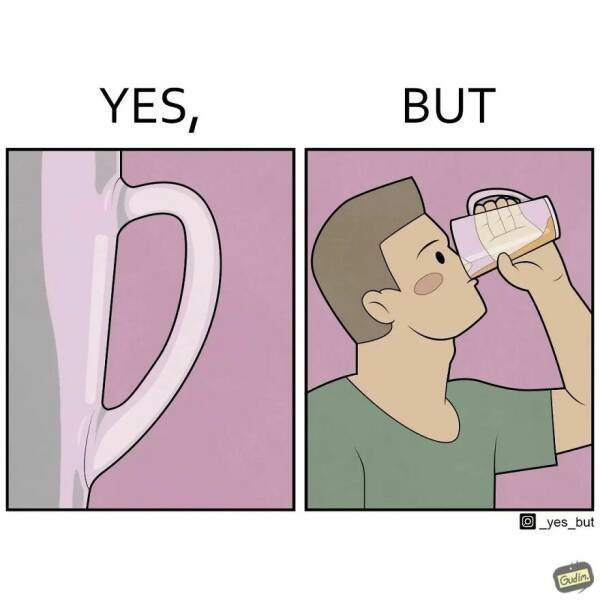
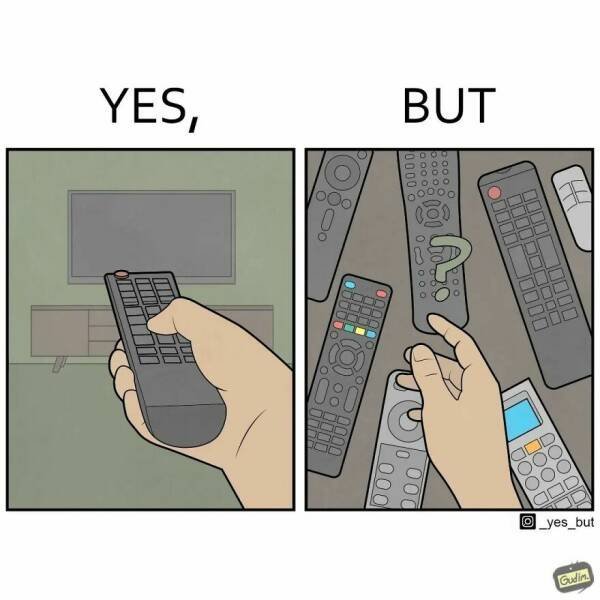





























» *POPULAR CONTENTS* Valley of the SUN Official Newsletter
» Disneyland vacation
» WGT POETRY , QUOTES , MOMENTS , & MORE
» Word Genius Word of the day * Spindrift *
» Tales of Miurag #3 in Paperback Patreon Story in December!
» Download WhatsApp
» WORD DAILY Word of the Day: * Saponaceous *
» Word Genius Word of the day * Infracaninophile *
» THE TRUMP DUMP .....
» INTERESTING FACTS * How do astronauts vote from space? *
» WWE Crown Jewel is almost here! Don't miss the action LIVE today only on Peacock!
» NEW GUEST COUNTER
» Merriam - Webster Word of the day * ‘Deadhead’ *
» WWE Universe: Your Crown Jewel Broadcast Schedule has arrived!